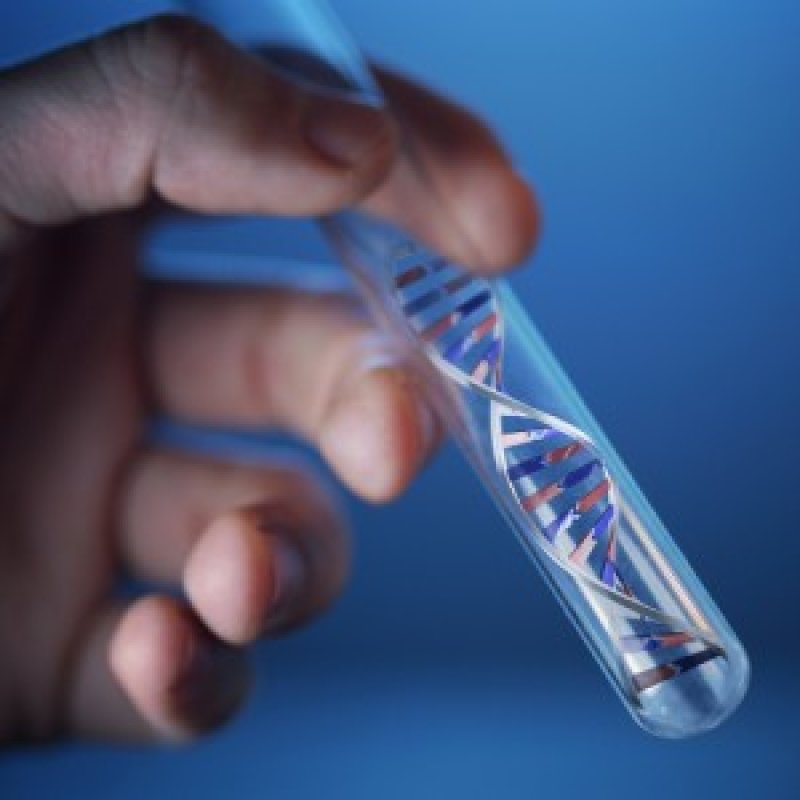The GLP aggregated and excerpted this blog/article to reflect the diversity of news, opinion and analysis.
Your DNA can now be read in less time than it would take to wait at a typical DMV. Unlike traditional DNA testing, which takes at least two days and requires processing at a laboratory, new and portable rapid DNA devices can give quick results anywhere in under two hours, since agents simply insert a “tagged” cheek swab into the microwave-sized machine.
A new law could change that. A bill before Congress, introduced in December by Sen. Orin Hatch, R-Utah, would allow profiles collected by rapid DNA devices in the field to be connected to the FBI’s Combined DNA Index System, or CODIS, which refers to the software and national database that houses DNA profiles from federal, state and local forensic laboratories.
During a Senate committee hearing in December on the Rapid DNA Act of 2015, FBI Director James Comey said that passage of the bill “[would] allow us, in booking stations around the country, if someone’s arrested, to know instantly—or near instantly—whether that person is the rapist who’s been on the loose in a particular community before they’re released on bail and get away or to clear somebody, to show that they’re not the person.”
But not everyone is as excited as Comey about the way the world might change. Immigrant advocates, lawyers and civil rights groups have raised concerns that the portable technology exacerbates the privacy violations already posed by invasive biometric collection, increases the surveillance of vulnerable individuals and links a wide range of documented and undocumented civilians to the FBI’s massively expanding identification database.
Read full, original post: The Troubling Rise of Rapid DNA Testing































